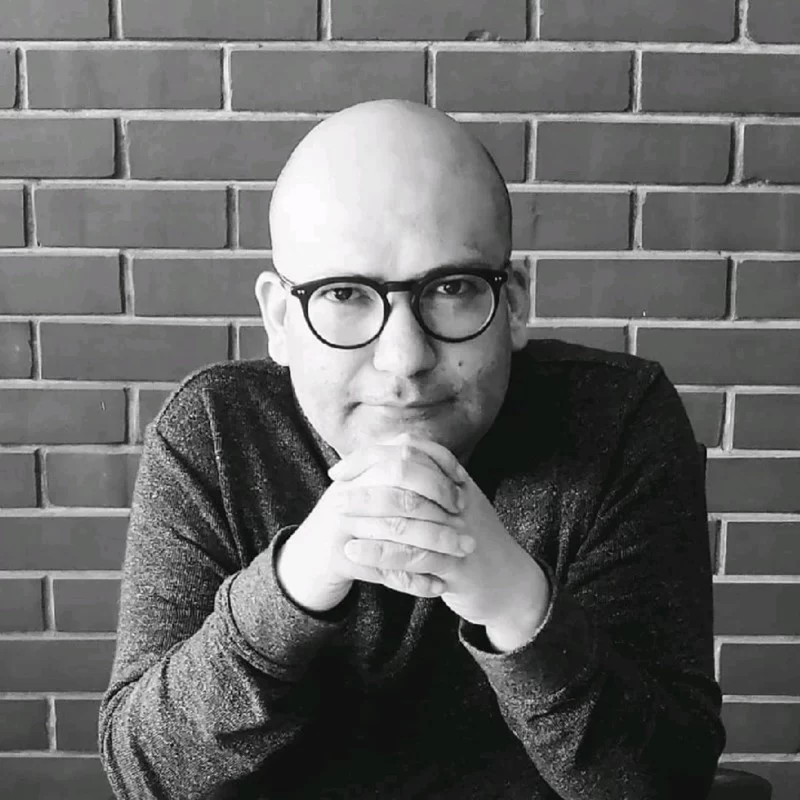Architectural Insights Unveiled: Ankit Kumar, Editor at Archidust, in an Enthralling Conversation with Henri Fanthome, Director at Henri Fanthome Office for Architecture
In a world where architecture serves as a bridge between creativity and functionality, the name Henri Fanthome stands out as a visionary who has redefined the way we perceive space and design. Ankit Kumar, the esteemed Editor at Archidust, had the privilege of engaging in an enthralling conversation with the celebrated architect, exploring the depths of his design philosophy and discovering the remarkable projects that have shaped his illustrious career.
Henri Fanthome, the Director at Henri Fanthome Office for Architecture, has garnered a reputation for pushing the boundaries of innovation while maintaining a profound respect for cultural context and environmental sustainability. As the interview began, Ankit Kumar wasted no time delving into the essence of Fanthome’s architectural journey, asking about the driving forces that led him to pursue this awe-inspiring profession.
With a smile, Henri Fanthome recounted his childhood experiences, growing up in diverse cities and being captivated by the ever-changing urban landscapes. These early impressions left an indelible mark on his psyche, sparking a passion for architecture and inspiring him to channel his creativity into shaping the world around him. Henri’s love for the arts and mathematics intertwined harmoniously, laying the foundation for his unique approach to architectural design.
One of the striking aspects of Henri Fanthome’s work is his ability to infuse cultural elements into his projects seamlessly. Ankit Kumar was curious about the architect’s process of incorporating cultural sensitivity into his designs, considering the diversity of contexts in which he has worked.
Henri eloquently expressed his belief in respecting and embracing the identity of each locale. He emphasized the importance of engaging with local communities, understanding their traditions, and acknowledging their needs. This approach, he stated, allowed him to create spaces that not only harmonize with their surroundings but also foster a strong sense of belonging for the people who inhabit them.
As the conversation deepened, Ankit Kumar steered towards the topic of sustainability, an issue of paramount importance in the contemporary architectural landscape. Henri Fanthome’s commitment to environmental stewardship became evident as he shared his thoughts on how architects must take the lead in designing eco-conscious structures.
Henri stressed the significance of sustainable materials and energy-efficient practices in the construction industry. He revealed that every project undertaken at the Henri Fanthome Office for Architecture is centered around eco-friendly principles, striving to minimize the carbon footprint while maximizing the positive impact on the environment. For him, architecture goes beyond aesthetics; it must serve as a catalyst for positive change in the world.
The conversation also touched upon Henri Fanthome’s admiration for vernacular architecture. He spoke passionately about a recent project where he transformed a historical building into a modern cultural center while preserving its original architectural essence. This amalgamation of the old and the new not only honored the heritage of the structure but also breathed new life into it, making it relevant for contemporary use.
Throughout the interview, Henri Fanthome’s humility and dedication to his craft shone through. He credited his team of architects, engineers, and artisans for contributing to the success of each project, highlighting the collaborative spirit that fuels creativity in the architectural sphere.
As the conversation drew to a close, Ankit Kumar couldn’t help but be inspired by the architectural insights unveiled by Henri Fanthome. The conversation had transcended the mere discussion of buildings; it had touched upon the essence of humanity, cultural heritage, and sustainable progress.
Indeed, this engaging dialogue revealed Henri Fanthome’s visionary approach to architecture, one that interweaves artistry, cultural sensitivity, and environmental responsibility to create spaces that resonate with the human spirit and stand the test of time. Through his exemplary work and unwavering passion, Henri Fanthome continues to leave an indelible mark on the world of architecture, inspiring the next generation of designers to think beyond the ordinary and shape a better, more harmonious world.






